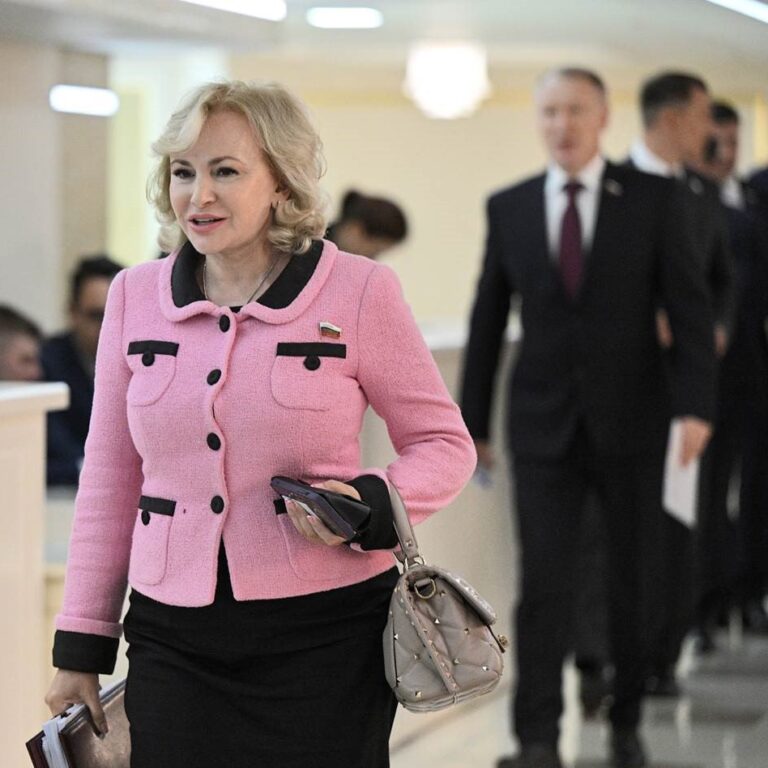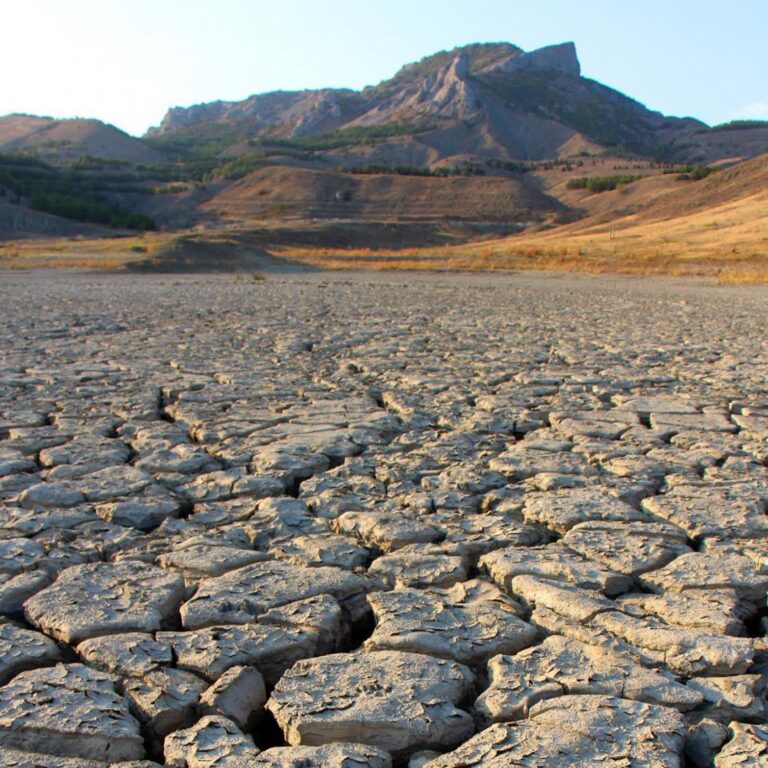Russian invaders;’s propaganda massively disseminates for the second day the statements of Pierre Lellouche, a former French official and politician who “grew up” under President Nicolas Sarkozy to Secretary of State, first for European Affairs, and then for Foreign Trade.
Lellouche, who retired from French politics five years ago, sometimes goes to television shows as an “expert”, and recently, as part of such a controversy on the Figaro TV channel about helping Ukraine, he said that allegedly “Russia will not give up Crimea”, and that allegedly the peninsula “belonged to Russia for a long time”.
At the same time, Lellouche added that he had no doubts about the gradual de-occupation of mainland Ukraine from the Russians, and that he was allegedly “concerned” by the prospects for a “conflict” after Ukraine’s accession to the European Union, which would then extend its own security guarantees to the new member.
Naturally, the Russian “media” did not reproduce the arguments of his opponents, who refuted Lellouche’s illegal “Crimean” statements in the framework of the TV discussion.
In addition, it is obvious that the de-occupation of all territories of Ukraine will occur before the country’s accession to the EU, which can really drag on for three to six years, and therefore the prospects broadcast on behalf of aggressor’s “useful idiots” or “talking heads” will allegedly “die for Crimea” for European voters are deliberately fake.
It remains to cite another recent statement by Lellouche that exhaustively explains his “motivation”: “the paradox is that if yesterday we were afraid of the Russian military threat to Europe after the lightning campaign in Ukraine, today we are afraid of the consequences of a possible defeat of Russia.”
It is also symptomatic that Russian propaganda is forced to use statements on the “Crimean issue” not by current, albeit marginal, politicians, but by “veterans” who have long since retired, nostalgic for “the times before 2014”.
Against this background, the current fact of France’s refusal to issue visas to representatives of the Russian Foreign Ministry for participation in the 33rd session of the Intergovernmental Council of the UNESCO International Program for the Development of Communications in Paris, which started on November 24, is extremely indicative.







